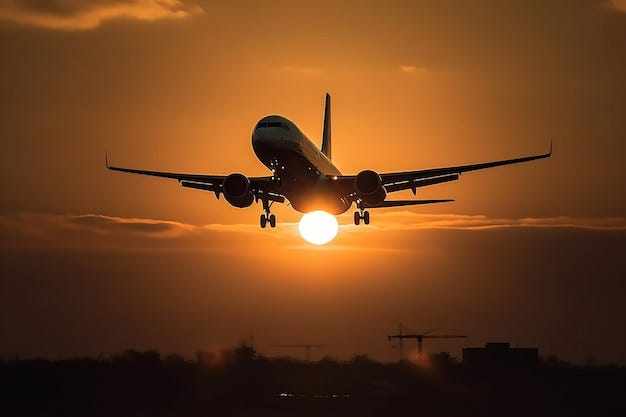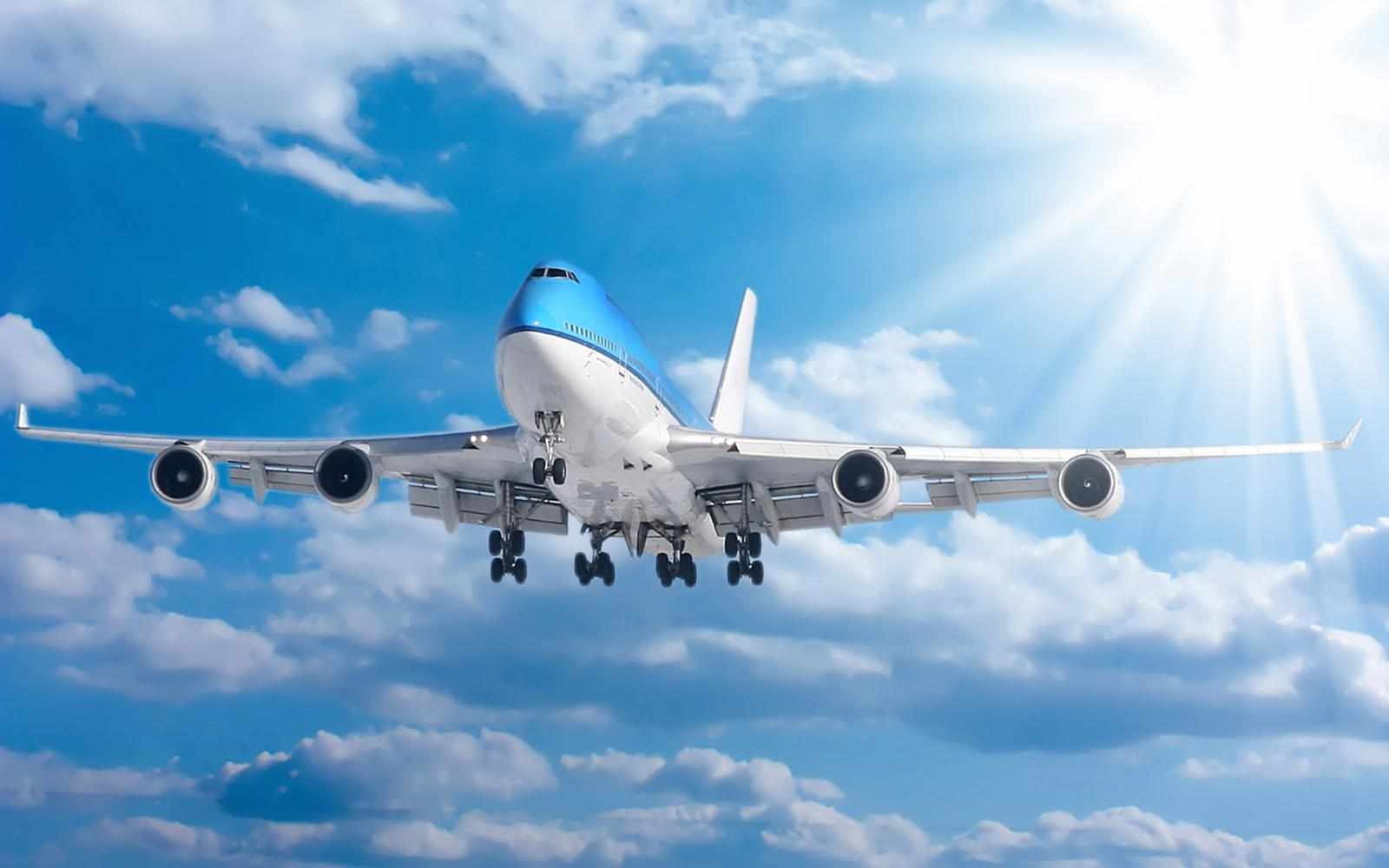Airlines frequently encounter the tough choice to cancel flights, and grasping the reasons behind this can offer important insights for passengers. The piece titled Top 10 Reasons Why Airlines Cancel Flights clearly explains the main reasons behind these cancellations, including bad weather, technical difficulties, and operational problems. As a regular traveler, I value the clarity that this article provides. It emphasizes that safety is consistently the foremost concern for airlines, providing passengers with confidence that cancellations are not made casually. Furthermore, the article explores less apparent factors, including crew availability and air traffic control limitations, which can greatly influence flight timetables.
What I found especially beneficial was the straightforward clarification of how these elements can change depending on the season and place, providing readers with a clearer idea of what to anticipate during their trips. The piece is thoroughly investigated and offers useful tips for handling cancellations, including understanding your rights and the best ways to rebook. In summary, Top 10 Reasons Why Airlines Cancel Flights is an enlightening piece that not only informs travelers but also encourages understanding of the difficulties airlines encounter. I strongly suggest it to anyone seeking to handle the intricacies of air travel more efficiently.
1. Weather Conditions
Weather-related cancellations are perhaps the most common reason. Severe conditions such as thunderstorms, snowstorms, and heavy winds can make flying unsafe. I remember a trip where a snowstorm blanketed the East Coast, leading to widespread cancellations. The airline was proactive, notifying passengers ahead of time, which allowed me to reschedule my travel plans with minimal hassle.
2. Technical Issues
Aircraft maintenance is crucial for safety, and in some cases, problems may arise that prevent a flight from taking off. There was one occasion when I was at the airport, ready to board, when they announced that a technical issue had arisen. Though it was inconvenient, I appreciated the airline being transparent about the need for safety checks. This experience reinforced my belief that it’s better to be patient than compromise safety.
3. Crew Management
Airlines are required to adhere to strict regulations regarding flight crew hours and rest periods. If there aren't enough qualified crew members available due to scheduling issues or unexpected illnesses, a flight may be canceled. I once encountered a situation where a flight was canceled because the crew had timed out. While it was disappointing, it made me realize that crew safety and well-being are immensely important, ensuring they can perform their duties effectively.
4. National Emergencies
Events such as natural disasters, terrorism threats, or public health crises can lead to mass cancellations. For instance, during the initial COVID-19 outbreak, many flights were canceled as governments imposed travel restrictions. Though I was affected, I understood the necessity of prioritizing public safety over convenience.
5. Operational Challenges
Sometimes, airlines face systemic operational issues that lead to cancellations. During peak travel seasons, increased passenger volumes can overwhelm resources, leading to flight delays and subsequent cancellations. On one trip during the summer travel rush, I saw many flights getting canceled due to overstretched operations. It provided a stark reminder that airlines need to manage growth effectively.
6. Airport Congestion
Heavy traffic at departure and arrival airports can lead to flight cancellations as airlines may wish to avoid delays that spiral into bigger issues. I once had a flight canceled due to congestion at a key airport during a busy holiday season. While the airline communicated well, it highlighted how interconnected our travel infrastructures are and how congestion can have a cascading effect.
7. Political Climate
In some cases, changes in the political climate, such as sanctions, border closures, or unrest, can lead to cancellations. I found myself in a situation where a flight to a destination was canceled due to an unexpected diplomatic situation. It reminded me how global events can easily affect local travel plans.
8. Route Profitability
Airlines analyze route profitability carefully. If a flight consistently fails to generate enough passengers, they might cancel it altogether. This was evident when a less-traveled route I was eyeing got canceled permanently due to low demand. While it’s frustrating as a consumer, I understand that airlines must operate sustainably.
9. Competition
In some cases, intense competition can result in flight cancellations if an airline decides to cut losses on less profitable routes. This I experienced firsthand when a smaller airline I had booked with ceased operations on a popular route. It was disappointing, but also a lesson in the ever-evolving landscape of air travel.
10. Passenger Demands
Finally, flights can be canceled due to issues with passenger loads, such as overbooking and subsequent no-shows. On one occasion, my flight was canceled because it was decided that it would not be cost-effective to operate with a significantly reduced number of passengers.
In summary, understanding these Top 10 Reasons Why Airlines Cancel Flights has not only prepared me for potential travel disruptions but has also instilled a sense of respect for the complexities airlines must navigate. While cancellations are undeniably inconvenient, they often stem from crucial safety measures and operational challenges that ensure travels are as secure and efficient as possible.



Write a comment ...